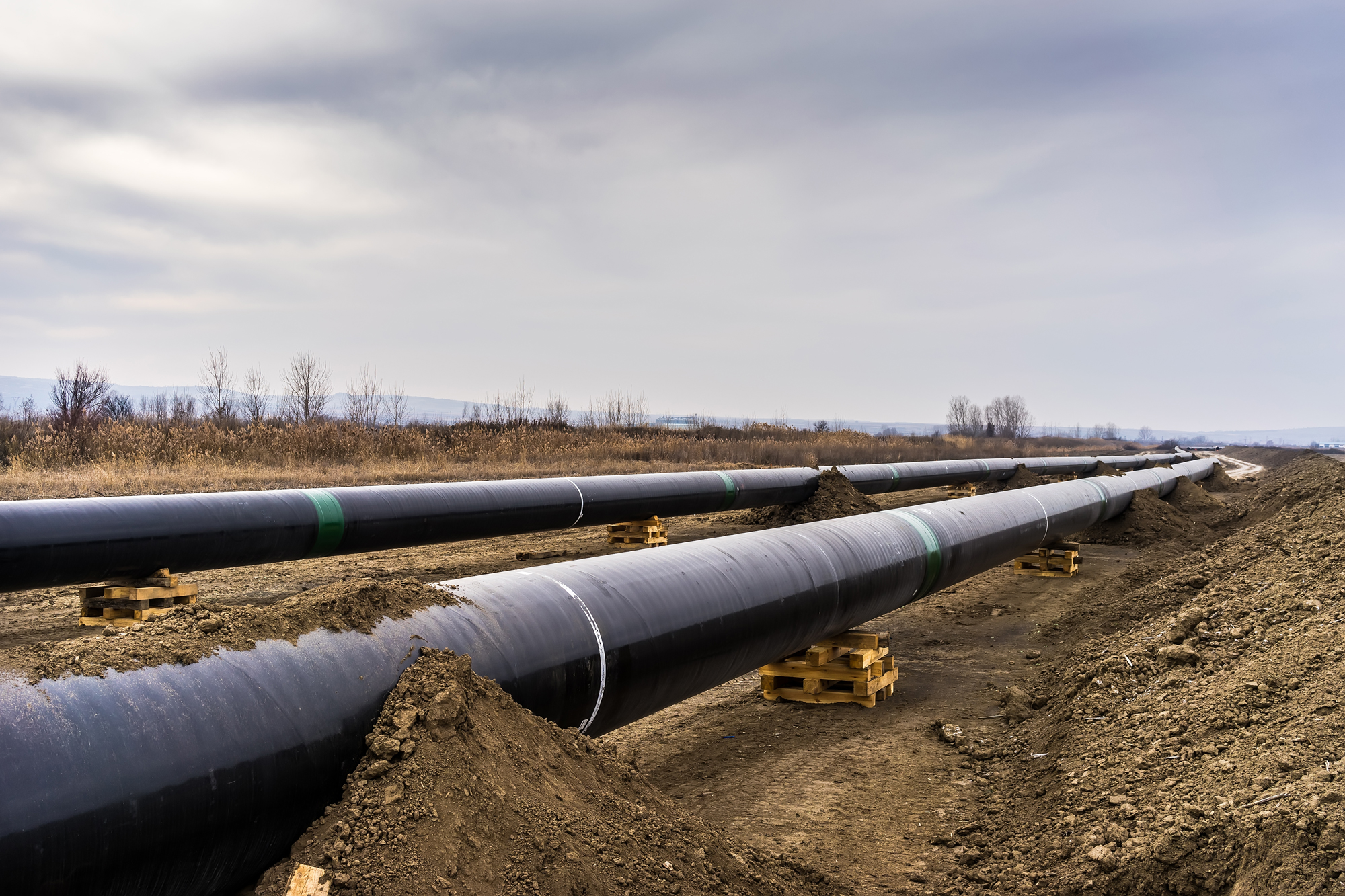Nigeria, Morocco, Cote d’Ivoire, Liberia, Benin, and Guinea, on Friday, signed four Memoranda of Understanding for the construction of the $30bn Nigeria-Morocco Gas Pipeline Project at the Abuja headquarters of the Economic Community of West African States.
Also, the project’s steering committee convened at the ECOWAS headquarters to discuss the progress of the project and its strategic direction.
Four new MoUs were signed and the tripartite agreements were signed between the Nigerian National Petroleum Company Limited and the Office National des Hydrocarbures et des Mines of Morocco on one hand, and the Société Nationale des Opérations Pétrolières of Cote d’Ivoire, the National Oil Company of Liberia, the Société Nationale des Hydrocarbures of Benin, and the Société Nationale des Pétroles of the Republic of Guinea on the other hand.
The MoUs, similar to those signed with ECOWAS on September 15, 2022, Mauritania and Senegal on October 15, 2022, and The Gambia, Guinea-Bissau, Sierra Leone, and Ghana on December 5, 2022, reaffirmed the commitment of the parties to the strategic project.
Once completed, the project will enhance the monetisation of the natural gas resources of the affected African countries and also offer a new alternative export route to Europe.
“The project is worth about $30bn and its impact on the African continent is going to be massive when completed,” the Commissioner, Infrastructure, Energy and Digitalisation, ECOWAS Commission, Sediko Douka, told journalists while speaking on the sidelines of the event.
He added, “We did feasibility studies by carrying out the technical, financial, economic, social and environmental impact of the project. It is a project of more than 5,000km. Now we are handling the detailed engineering studies and it shows that the project is viable in terms of bankability.
“We are now waiting on the private sector to fund the project, and the estimate is almost $30bn. It will not be the government that will fund such a project, rather it will be the private sector mainly.”
One the projected date for the completion of the project, the ECOWAS commissioner said, “For this kind of complex project, to be honest, it can take time. For now, we have achieved the feasibility studies and there will be another time for road shows and roundtable fora to attract investors.”
Douka further stated that the gas pipeline project would help strengthen the region’s electricity production/generation capacity, stimulate industrial and agricultural development, and contribute to energy transition by using a source of energy cleaner than other fossil fuels.













